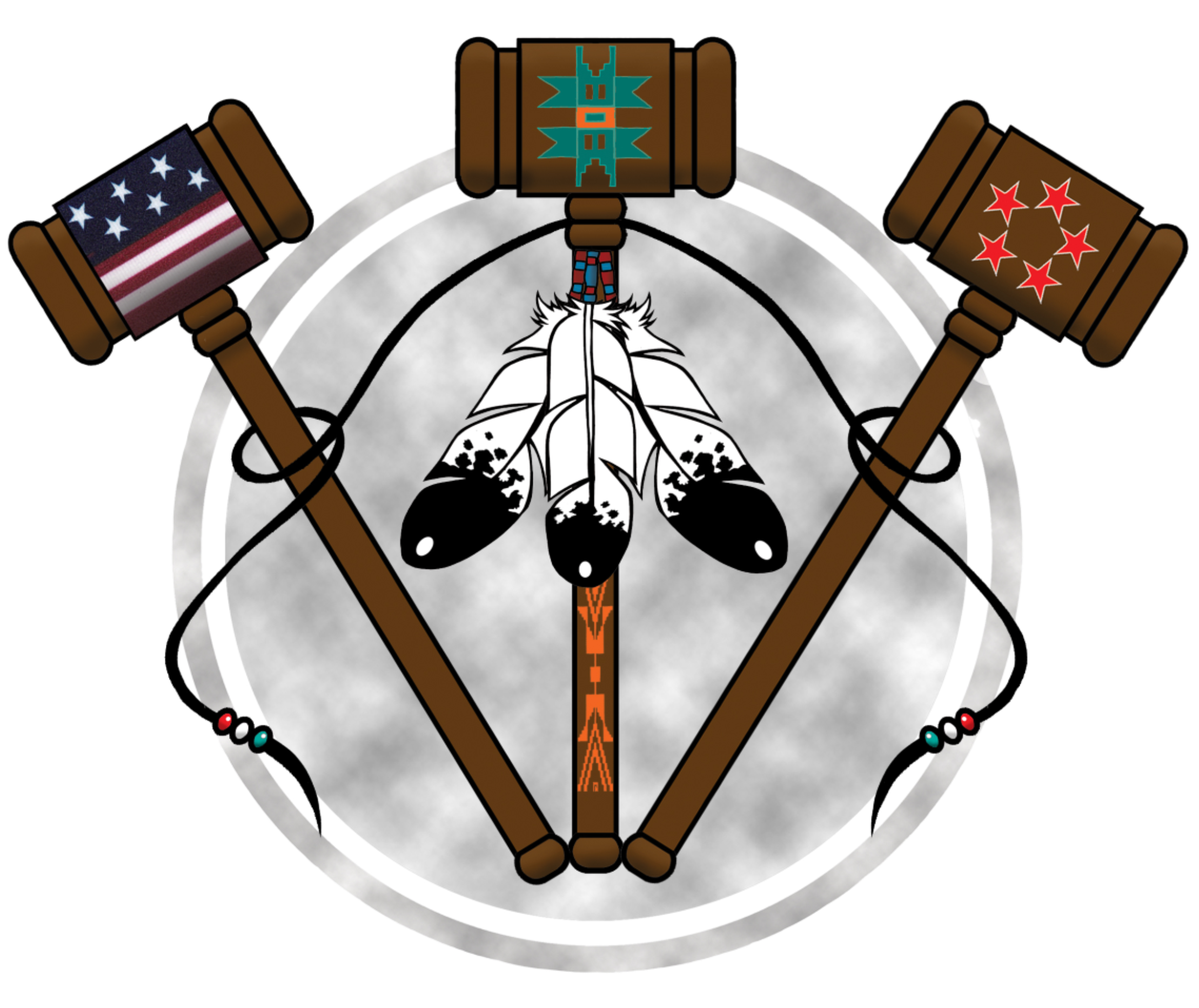SCOTUS NEWS
Court unanimously holds that Indian tribes retain the inherent power to police non-Indians
on Jun 1, 2021 at 12:15 pm
In its first major opinion on the scope of American Indian tribes’ sovereign powers in decades, the Supreme court held on Tuesday in United States v. Cooley that tribal governments — and thus their police officers — have the power to search and temporarily detain non-Indians suspected of breaking federal or state laws within reservations. Justice Stephen Breyer wrote the opinion for the court. Justice Samuel Alito filed a brief concurrence noting that he views the holding as a limited one.
The defendant in the case, Joshua James Cooley, was arrested after a tribal police officer noticed him on the side of a federal highway that runs through the Crow Indian Reservation in Montana. The officer found evidence that led to a federal drug and firearms prosecution. Cooley argued that the evidence was illegally obtained because the tribal officer lacked the power to detain and search him. The defense suggested that the officer should have assessed Cooley’s Indian status and then let him go upon realizing he was a non-Indian unless the officer actively witnessed him committing a crime — a framework the prosecuting jurisdiction, the United States, argued was unworkable and unsafe for officers and tribal communities.
The court has made clear over the years that tribal governments no longer possess certain powers, particularly those that implicate the rights of non-Indians. In Cooley, the court was asked to confront where tribal policing powers fit within the various frameworks it developed for determining whether tribal sovereignty still extends to certain powers. Cooley also forced the court to confront some of the messier realities created by its precedent, such as whether it is necessary or even possible to assess a suspect’s Indian status during a routine traffic stop.
Breyer’s opinion looks to, and likely extends, the reach of the court’s decision in Montana v. United States. In Montana, the court set out the general rule that tribes no longer retain inherent governmental powers over non-Indian conduct but identified two exceptions to that rule. Breyer explained that the second exception “fits the present case, almost like a glove.” That second exception acknowledges that tribes must also retain power over non-Indian conduct if that conduct “threatens or has some direct effect on the political integrity, the economic security, or the health or welfare of the tribe.” The power to temporarily detain and search non-Indians on tribal highways is precisely the kind of authority over non-Indians that tribes must retain in order to protect against a threat to their health and welfare. Without the power to stop and search non-Indians on tribal highways, Breyer wrote, it would be “difficult for tribes to protect themselves against ongoing threats” such as “non-Indian drunk drivers, transporters of contraband, or other criminal offenders operating on roads within the boundaries of a tribal reservation.”
The decision can be found here: www.supremecourt.gov/opinions/20pdf/19-1414_8m58.pdf?fbclid=IwAR3meJb6ENg1q4IJyJMozvCVheuEbc5ejnzAjpTnMVqI1W7ZafpkzCIHrBw
